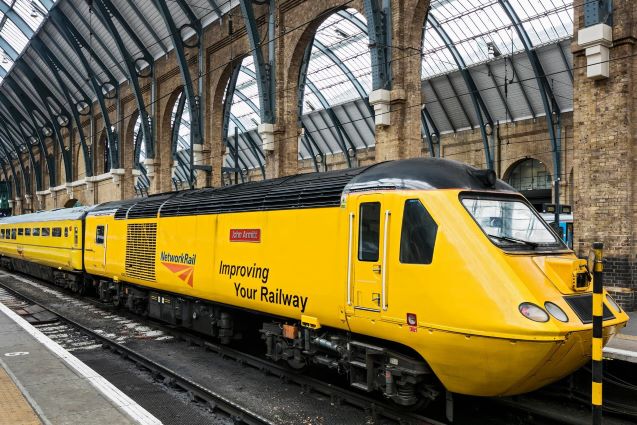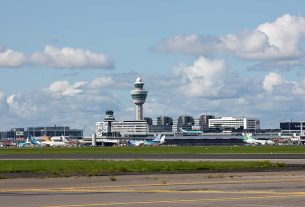Thousands of rail workers have begun a two-day national strike by the biggest rail union the RMT over below-inflation salaries in the United Kingdom.
The country is facing inflation in double digits with increasing the cost of living and soaring energy prices caused by the war in Ukraine, making it difficult for people to survive financially. The economic situation has triggered a wave of strikes on a scale not seen since the 1980s.
Trains were only running from 7:30am (07:30 GMT) to 6:30pm (18:30 GMT) on strike days, with just one in five services expected to run, making rush hour commuters face a battle to get to work.
But commuters have been expressing sympathy with the strikers.
“I totally get it. It’s hard for the people at the moment,” Allan Smith, a 28-year-old web developer, said on Tuesday despite struggling to get to Heathrow airport.
Former firefighter Chris McBride, 74, blamed “incompetent government” for the chaos, with more stoppages planned between now and into the New Year.
Rail workers were not the only ones who are striking over pay.
Postal workers will hold a two-day strike from Wednesday, nurses are set to walk out for the first time in their union’s 106-year history on Thursday.
From Friday, rail workers, together with bus drivers highway workers and airport baggage handlers, will hold another two-day strike.
Border Force staff checking passports at major airports, including Heathrow and Gatwick, will strike over Christmas.
On Monday, RMT members rejected an 11th-hour pay offer from Network Rail, which owns the UK’s railway infrastructure, leading its staff, along with workers from 14 train companies, to walk out.
Network Rail had offered its workers a pay rise of 5 percent, backdated for this year and a further 4 percent at the start of 2023.
RMT general secretary Mick Lynch said, “This is a huge rejection of Network Rail’s substandard offer.”
He said the pay offer was tied to “thousands of job losses” as well as an increase in unsocial hours.
Transport minister Mark Harper wrote in right-wing broadsheet The Daily Telegraph Monday that the government “has worked hard to ensure there is a fair two-year pay deal on the table”.
The minister said the proposed deal was more generous than in the private sector and would unlock “essential reforms”.
In July, some 40,000 railway workers staged a walkout over pay, job security and working conditions.__Al Jazeera





